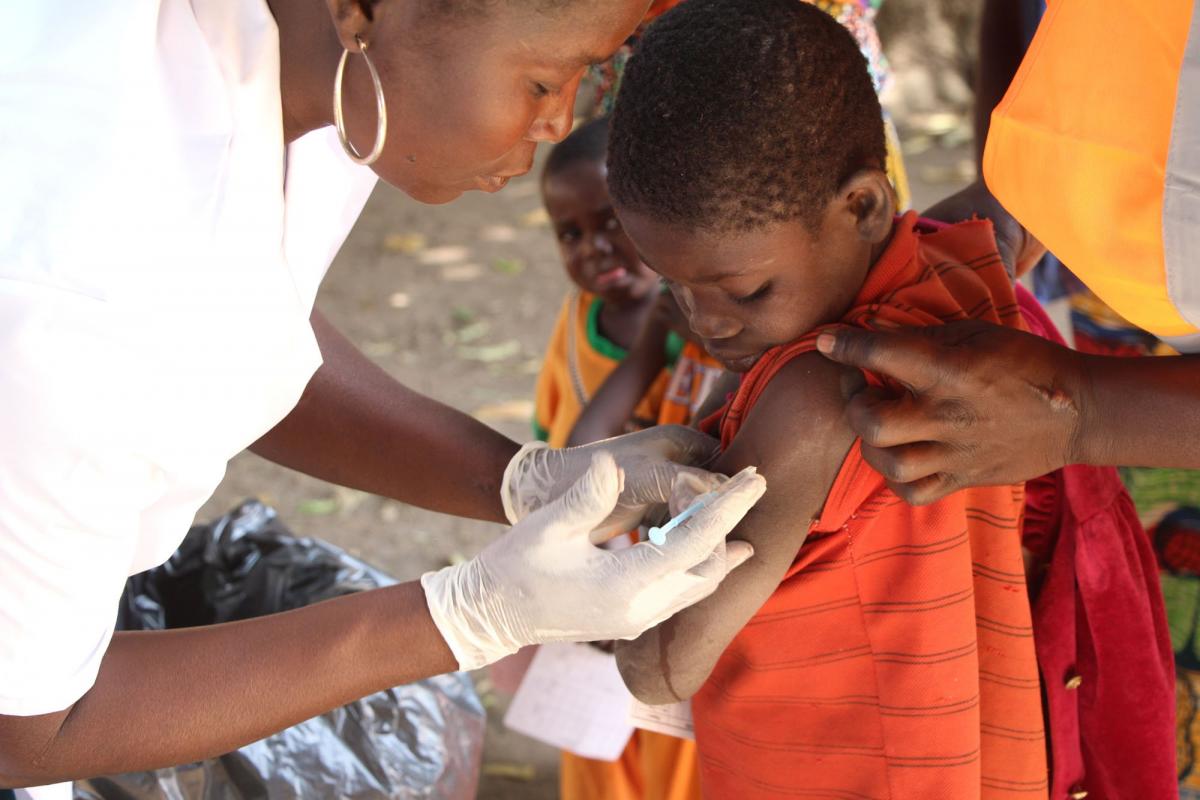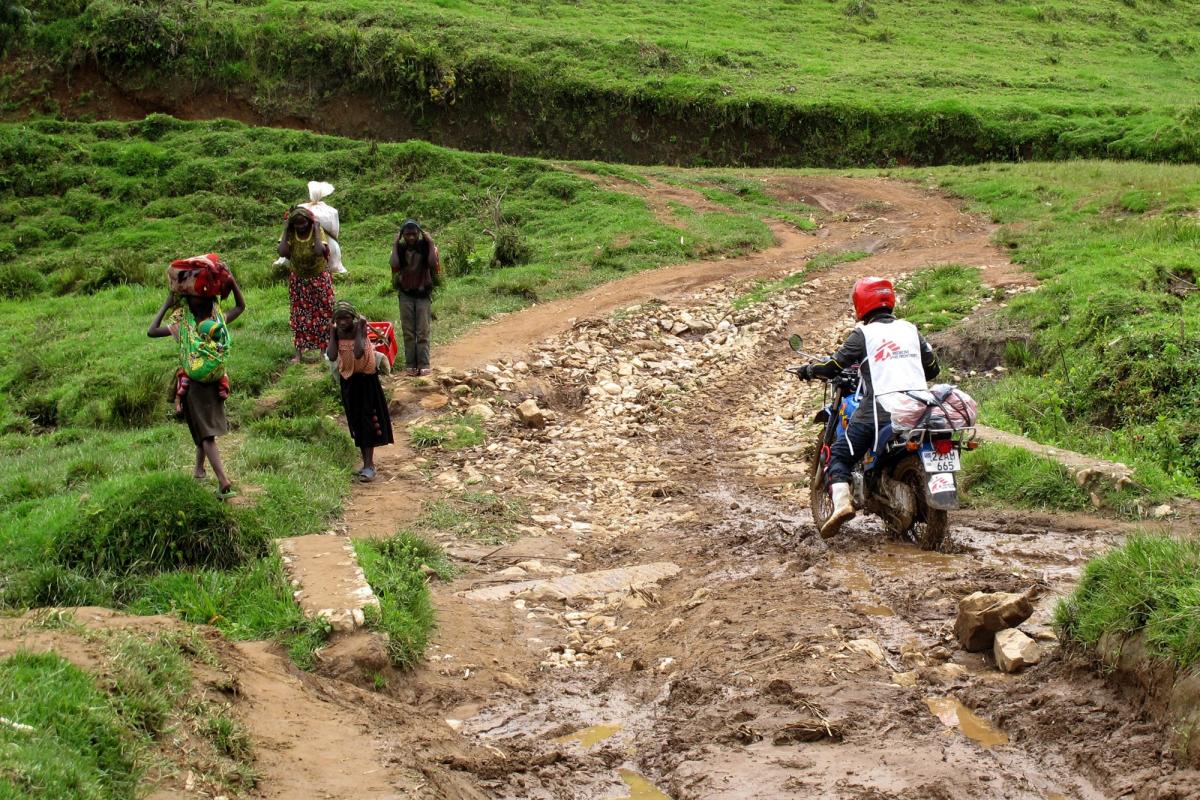
In West Africa, the deadly Ebola virus has disrupted peoples’ lives. While in eastern Democratic Republic of Congo (DR Congo), there is another more contagious virus settled in a region called Minova. This virus is not only spread by droplets from coughing, sneezing, and close personal contact, but also remains active in the air for a few hours.
It is measles, the virus which has been attacking Beijing, China, as well as 17 states of the USA since the beginning of 2015. While it can be more easily managed in more developed communities, the virus shows no mercy and is taking a much heavier toll in some of the poorest areas with limited resources, like Minova.
Measles can cause complications such as pneumonia, malnutrition, diarrhoea, severe dehydration, ear and eye infections that can even lead to blindness. According to the World Health Organisation, there were 145,700 measles deaths globally in 2013, an increase of nearly 20% compared to 2012. Measles is still one of the leading causes of death among young children even though it is easy to prevent and it only costs about USD$0.25 to vaccinate a child against the disease.

DR Congo has been in the grip of an ongoing measles epidemic since 2010. Year after year, MSF vaccinates and treats hundreds of thousands of children against measles with manifold challenges. In the Yahuma health zone in Orientale province, for example, the health centre has only two refrigerators and one broken motorcycle to serve an area more than 7 times the size of Hong Kong. In Minova, another rural area, the difference between life and death for a child with measles can depend simply on whether their mother has money for consultation and treatment. Most health centres there do not offer free treatment.
MSF teams provide measles vaccination and treatment for free. They go to the villages for health education and inform people about these services. The medical teams donate drugs and support the health centres to help prevent and manage possible complications. A system was also established to refer the most serious cases to the hospital. In December 2014, MSF carried out a measles vaccination campaign in Minova that reached nearly 100,000 children between 6 months and 15 years in only two weeks.
Many African countries have committed themselves to eliminate measles by 2020, which will help reduce childhood mortality. To reach that target, hard-to-reach areas will certainly need additional resources to cope with logistics, transport, cold chain and human response limitations, to increase the vaccination coverage rate. In conflict settings with collapsed healthcare systems, where people dare not even go out to be vaccinated, like South Sudan and the Central African Republic, the road to eliminating measles gets even rougher.




